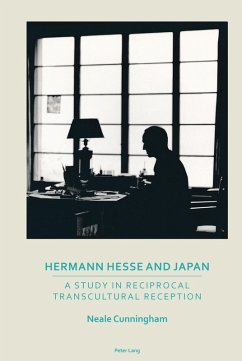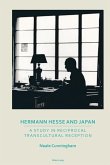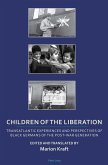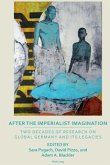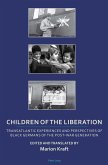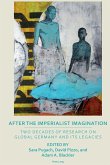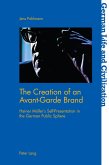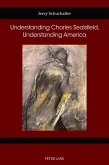Hermann Hesse once stated that his Japanese readers understood him best among all his readers worldwide - a little known fact among readers of Hesse in the West. This book examines Hesse's reception in Japan and of Japan in the context of a transcultural reception process. It traces the different phases of Hesse's reception in Japan and contextualises this reception in terms of the regional setting of East Asia and the cultural authority of imperial Japan. The role of transcultural mediators as figurative nodes in the world literature system is analysed, with a particular focus on the key role played by Hesse's «Japanese» cousin, Wilhelm Gundert. Finally, Hesse's epistolary exchange with his Japanese readers is unfolded to show how deep affinities arise, which result in the creation of a type of «spiritual» capital. This epistolary exchange, together with the translation of the Zen bible Pi Yen Lu by Wilhelm Gundert, inspired Hesse to write a series of three unique Zen-poems as a means of expressing a lifelong search for transcendence.
Dieser Download kann aus rechtlichen Gründen nur mit Rechnungsadresse in A, D ausgeliefert werden.

